
World
17:32, 11-Sep-2017
On 9/11, a time to remember all victims of terrorism?
Nick Yates
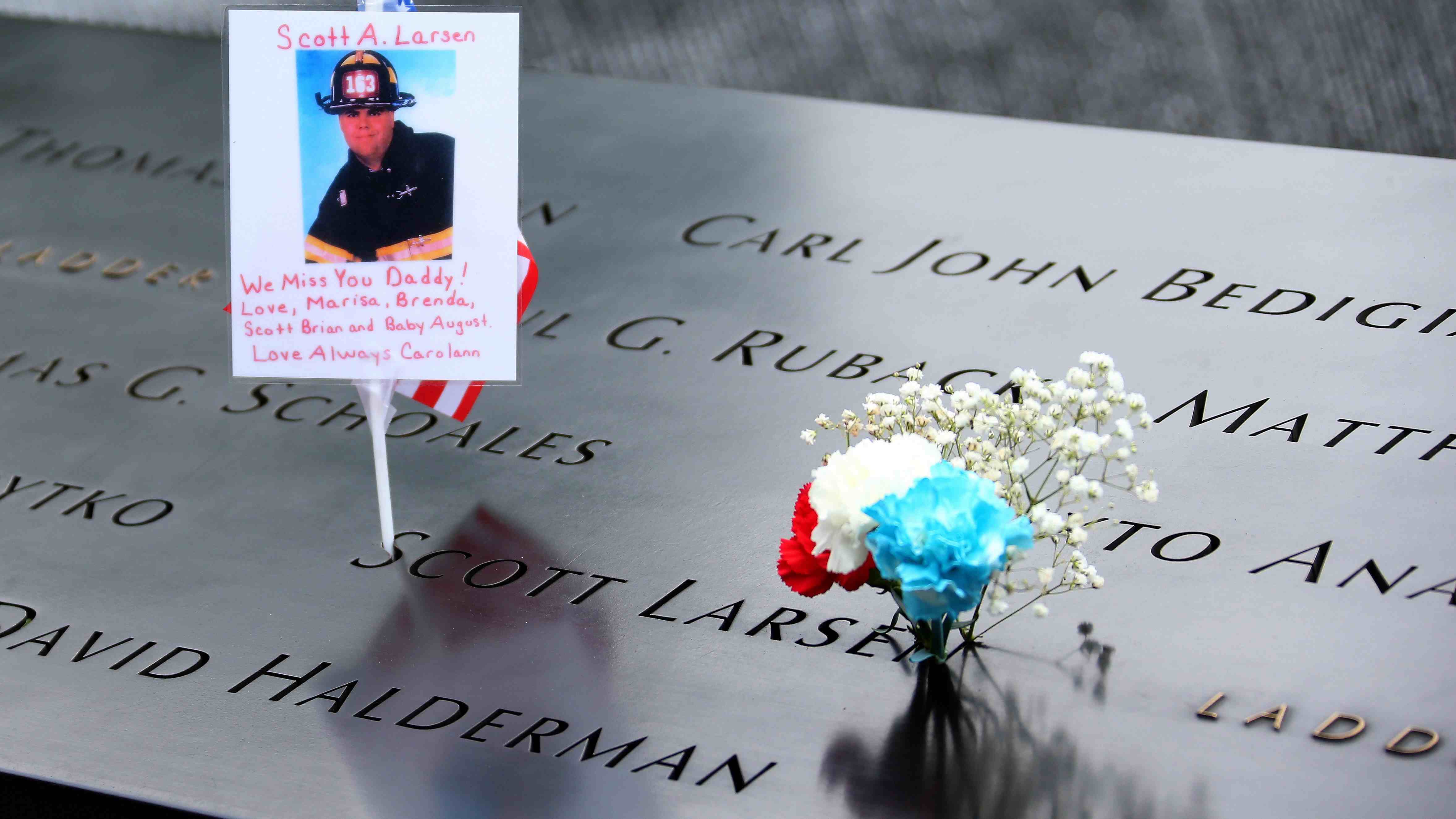
Sixteen years have passed since almost 3,000 people were killed in the 9/11 attacks, and the world continues to mourn their deaths. The images of New York’s World Trade Center in flames are seared into the public consciousness and shown by global media in the coverage of the anniversary every year.
The 9/11 attacks were the single largest loss of life due to terrorism on a single day but some critics complain that victims of terrorism in the West have received far more attention than those elsewhere in the world. CGTN is marking the event with a series of articles and films but we are also taking the opportunity to remember victims of terrorism from across the world.
As the world unites against terrorism, here is a roundup from China, India, Iraq and Russia of other tragic days in modern history.
China, 2014: Urumqi attacks
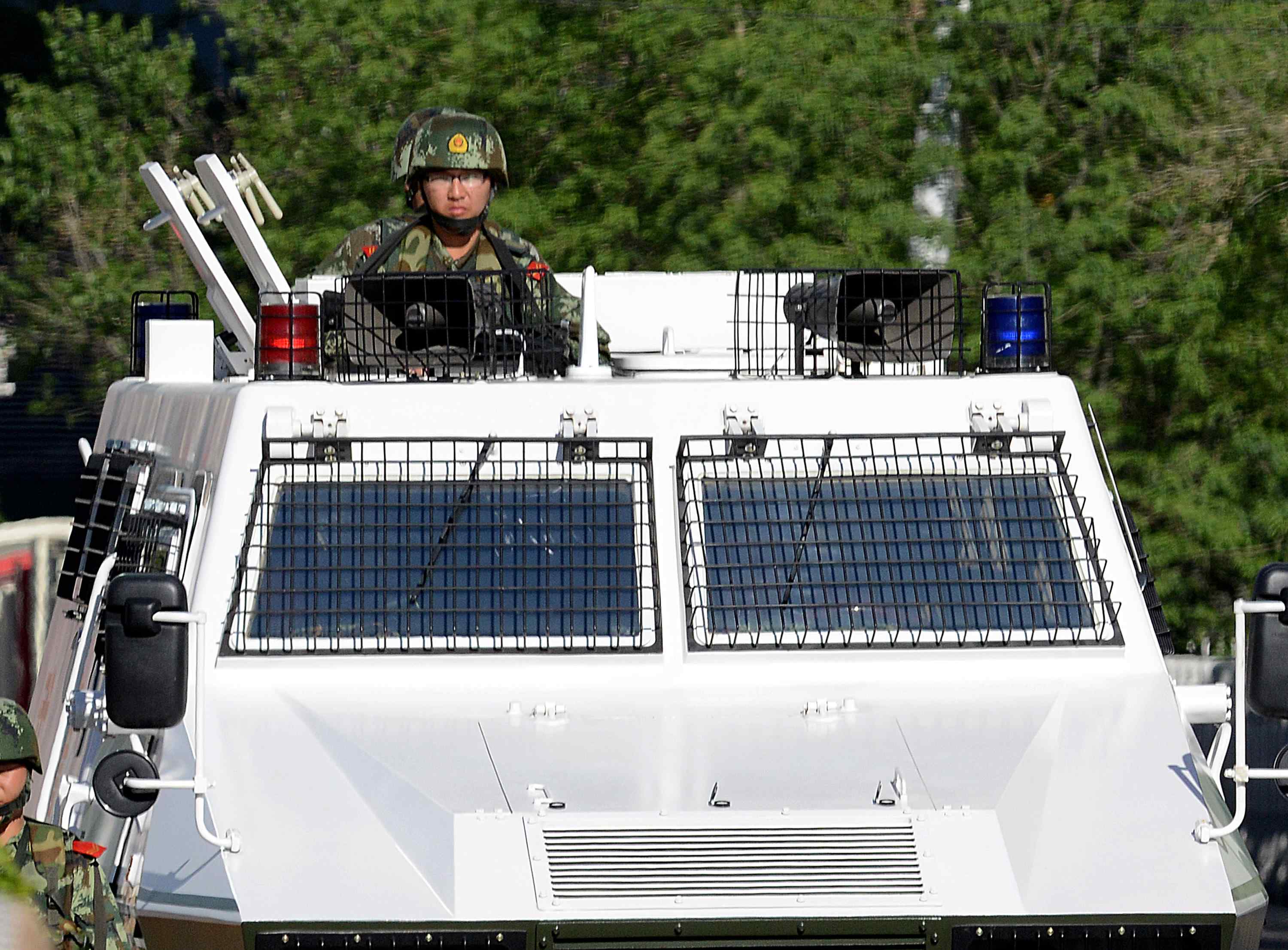
Security has been tightened in Xinjiang ever since the events of spring 2014. /CFP Photo
Security has been tightened in Xinjiang ever since the events of spring 2014. /CFP Photo
The spring of 2014 was a bloody season in Xinjiang Uygur Autonomous Region, northwest China. On April 30, assailants with knives and explosives killed three people and injured 79 in a railway station in Xinjiang’s capital, Urumqi.
Less than a month later, on May 22, two SUVs ploughed through a busy street market in the same city. The extremists in the vehicles lobbed explosives from the windows as they mowed down shoppers. The cars eventually collided with each other and exploded. Forty-three people were killed in all, including four attackers.
Beijing was critical of the US response to the incident, accusing Washington of hypocrisy in failing to condemn these acts of violence and show sympathy for the victims.
According to an editorial in the China Daily at the time of the Charlie Hebdo shooting in Paris a year later, “Over the past few years, the US and some Western countries have not responded to the terrorist attacks against innocent civilians in Beijing, Kunming and the Xinjiang Uygur Autonomous Region the way they reacted to the Paris attack.
“On several occasions, US State Department spokespersons have used the excuse that they need more information and investigation into the incidents in China to condemn them as terrorist attacks.”
India, 2008: Mumbai attacks
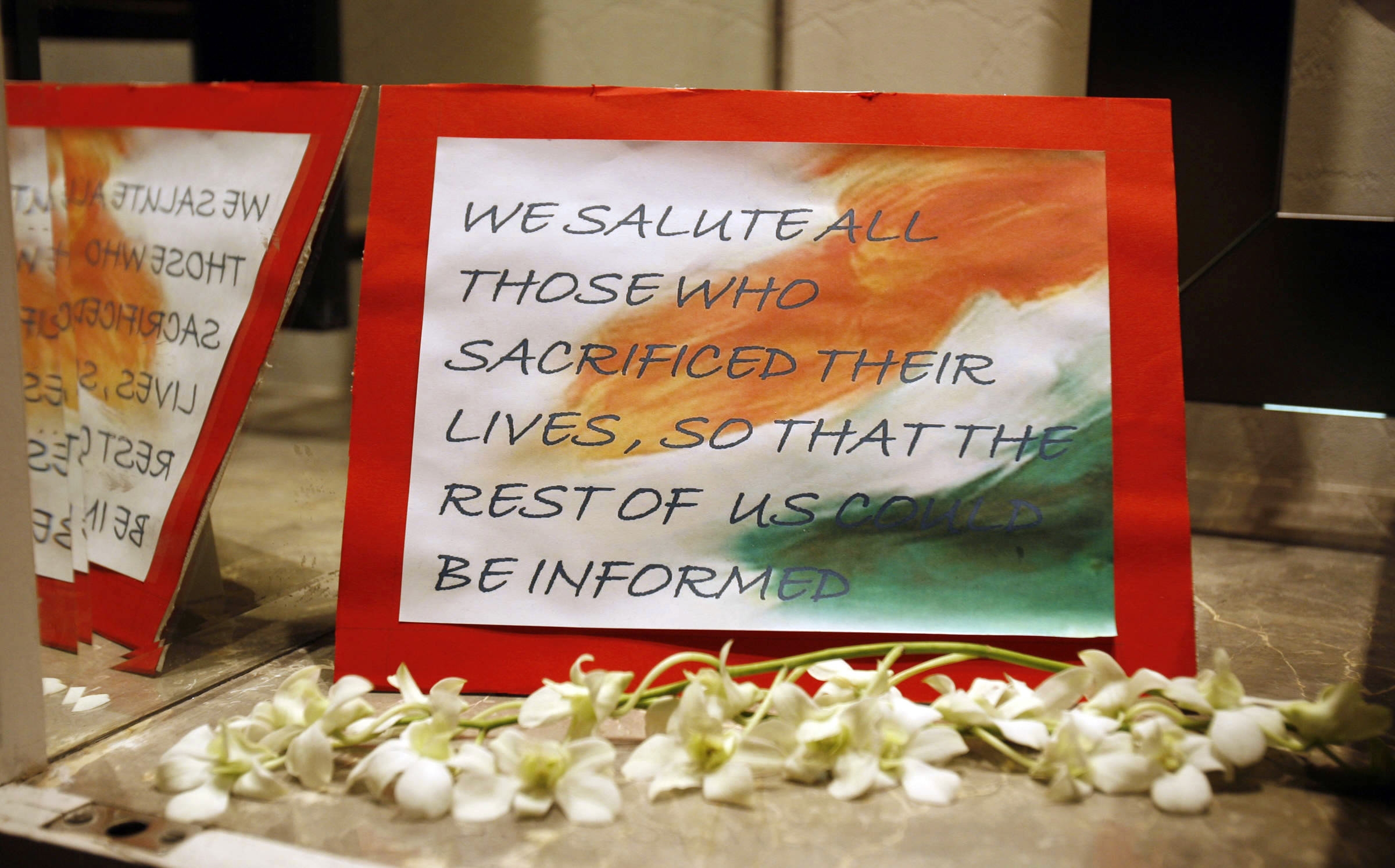
A card with a message in remembrance of those who lost their lives in the attacks stands inside the Taj Mahal Hotel in Mumbai on December 22, 2008. /CFP Photo
A card with a message in remembrance of those who lost their lives in the attacks stands inside the Taj Mahal Hotel in Mumbai on December 22, 2008. /CFP Photo
Islamic terrorists hit India’s most populous city with coordinated shootings and bombings across three days in November 2008. Hundreds of hostages were taken as security forces laid siege to the attackers in a number of locations. A total of 164 people were killed and at least 308 injured.
Iraq, 2007: Yazidi communities bombings
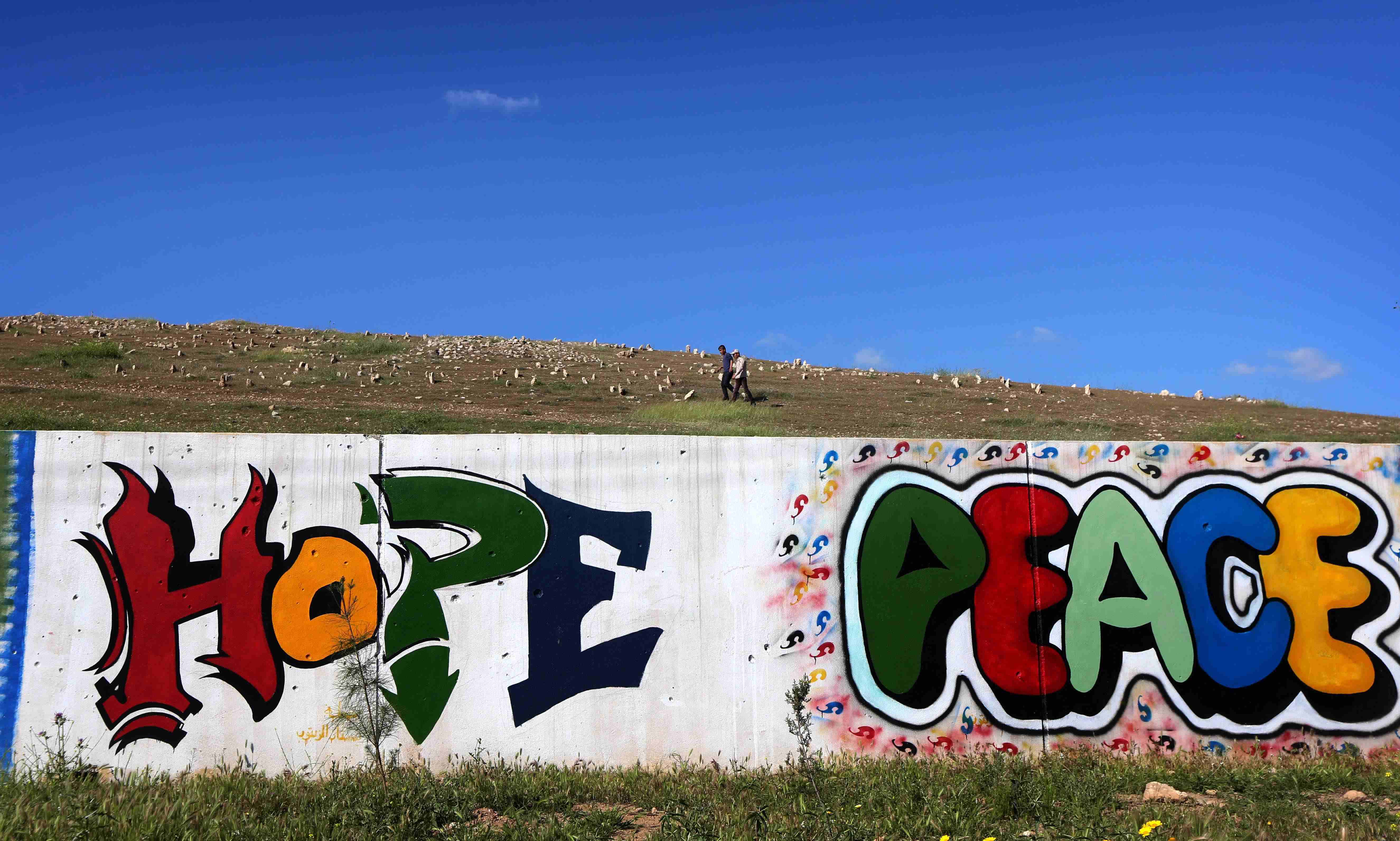
A Yazidi New Year ceremony near Mosul strikes a hopeful note on April 19, 2017. /CFP Photo
A Yazidi New Year ceremony near Mosul strikes a hopeful note on April 19, 2017. /CFP Photo
As the Iraq War raged, tensions had been building between the Yazidi Kurdish minority and Sunni Muslims in 2007. On August 14, simultaneous suicide bomb attacks struck two Yazidi towns near Mosul, killing an estimated 500 people and injuring 1,500. Behind 9/11, this was the second most deadly terrorist attack in history.
Russia, 2004: Beslan school siege
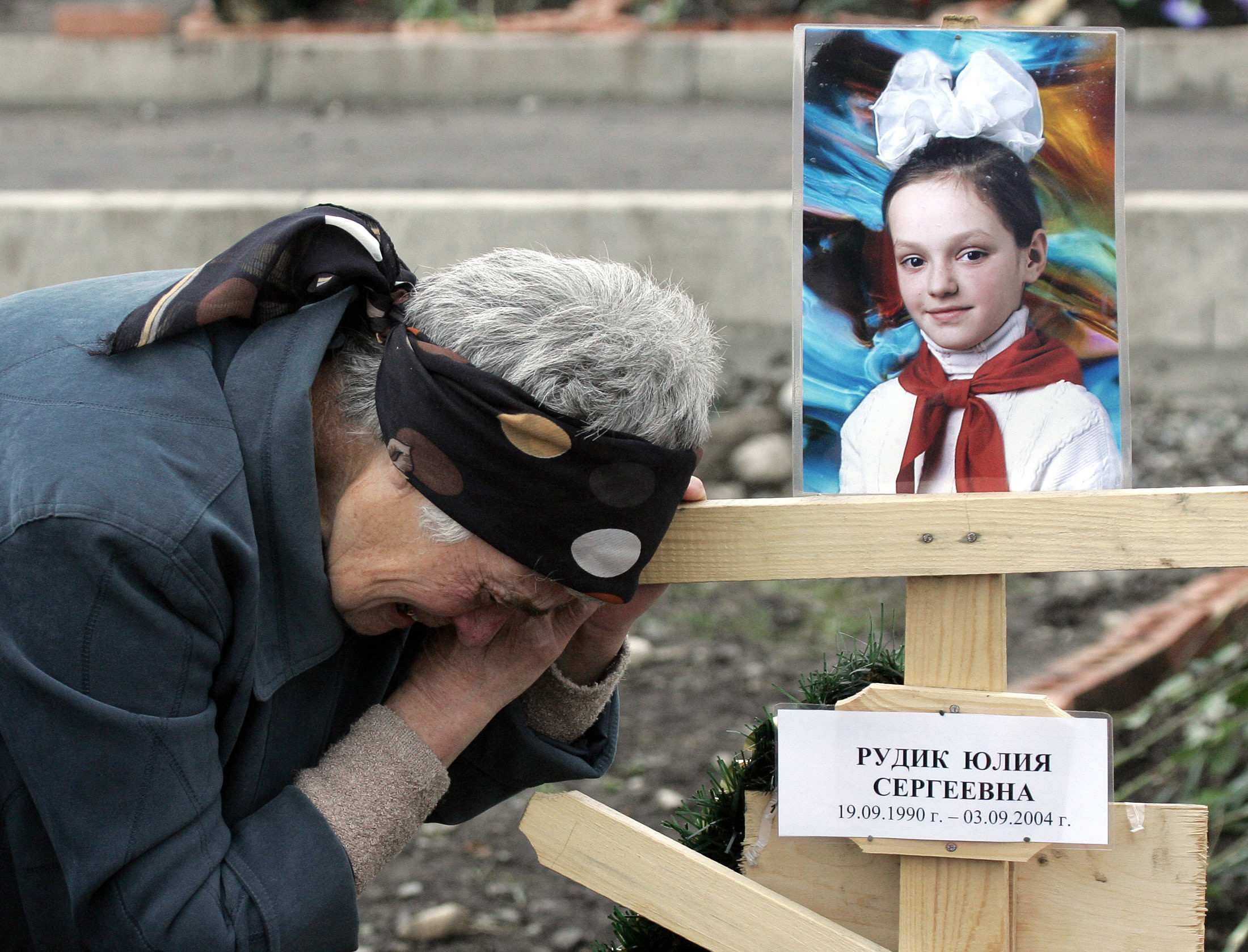
A relative of a victim of the Beslan school siege /CFP Photo
A relative of a victim of the Beslan school siege /CFP Photo
On September 1, 2004, hundreds of school children were taken hostage in the Russian republic of North Ossetia-Alania by a group demanding Chechnya’s independence from Russia. A three-day siege ended when Russian security forces stormed the building. The authorities’ efforts could not prevent tragedy, as at least 385 people were killed.

SITEMAP
Copyright © 2018 CGTN. Beijing ICP prepared NO.16065310-3
Copyright © 2018 CGTN. Beijing ICP prepared NO.16065310-3